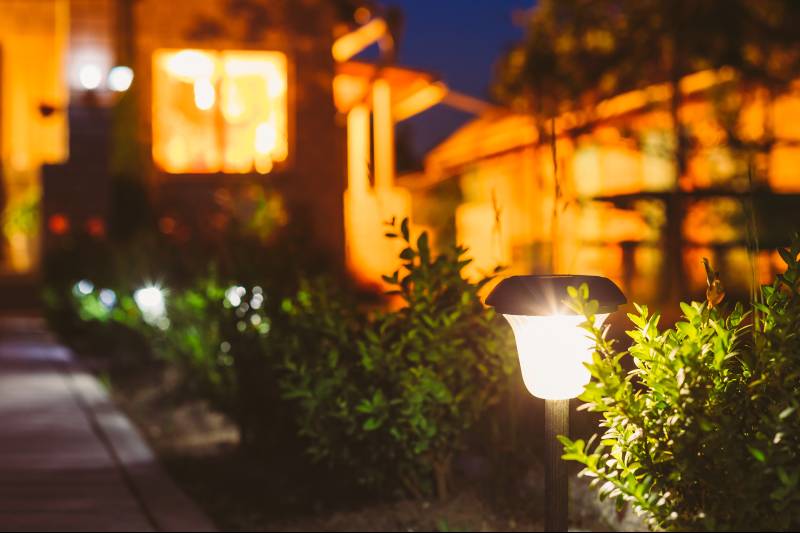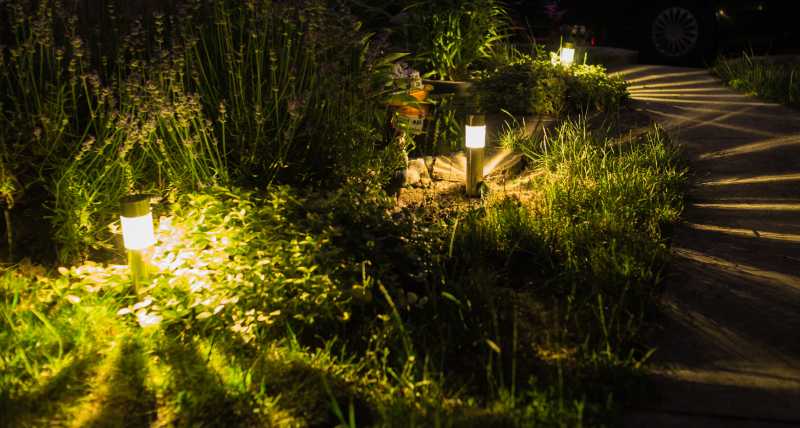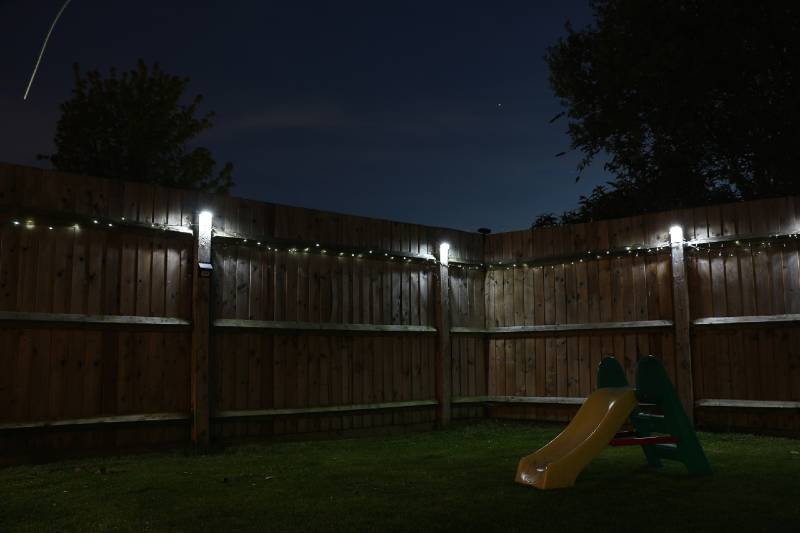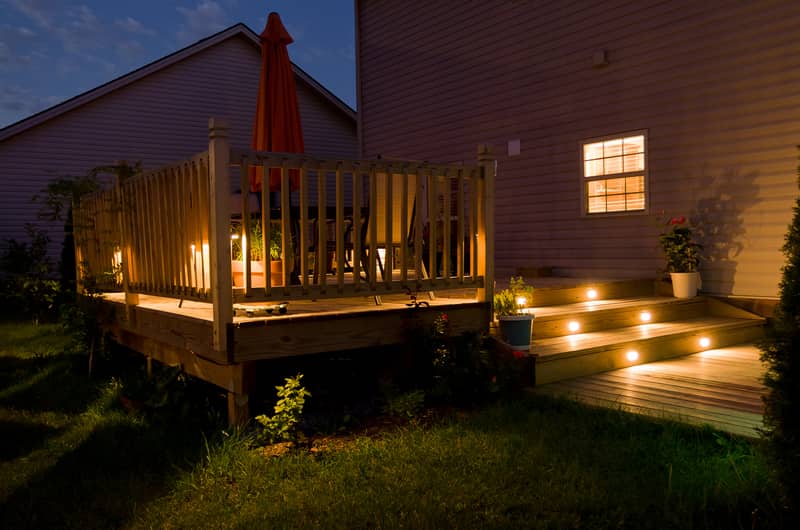Solar lights are a popular and eco-friendly way to illuminate outdoor spaces, from gardens to walkways. As with any technology, there is always some level of risk involved.
So, can solar lights catch fire?
The answer is yes, they can, but it’s extremely unlikely. In this article, we will discuss the reasons behind the potential for solar light fires and why it is a rare occurrence.
Related Article: How Do Solar Powered Lights Work
Why Can Solar Lights Catch Fire?
Most solar lights on the market today utilize lithium-ion batteries, which are known for their high energy density and long lifespan. However, lithium-ion batteries can sometimes overheat and catch fire under certain circumstances. Let’s dive into the reasons behind this and how it relates to solar lights.
- Manufacturing defects: As with any product, there is always a small chance of manufacturing defects. In the case of lithium-ion batteries, such defects might include a short circuit within the battery, which could lead to overheating and, in rare cases, a fire.
- Overcharging: If the charging system malfunctions, it might cause the lithium-ion battery to overcharge. Overcharging generates excessive heat, which may eventually result in a fire. However, most solar lights can’t generate enough voltage to overcharge the battery and they often come with built-in safety features that prevent overcharging.
- Physical damage: Accidental damage to a solar light or its battery may lead to a short circuit or puncture, increasing the risk of overheating and fire.
FAQs
How can I minimize the risk of fire with my solar lights?
Ensure you purchase solar lights from reputable manufacturers, as they are more likely to use high-quality components and have better safety features.
Can solar lights be used safely indoors?
While solar lights are generally designed for outdoor use, some models are suitable for indoor use as well. Ensure the solar light you choose is explicitly marked for indoor use and follow the manufacturer’s instructions for proper installation and use.
Conclusion
Although it is technically possible for solar lights to catch fire due to lithium-ion battery issues, the likelihood of this happening is extremely low.
By purchasing solar lights from reputable manufacturers and taking care to maintain and inspect your lights regularly, you can significantly minimize any risk. So go ahead and enjoy the numerous benefits of solar lighting, knowing that you’re making an eco-friendly and safe choice for illuminating your outdoor spaces.





